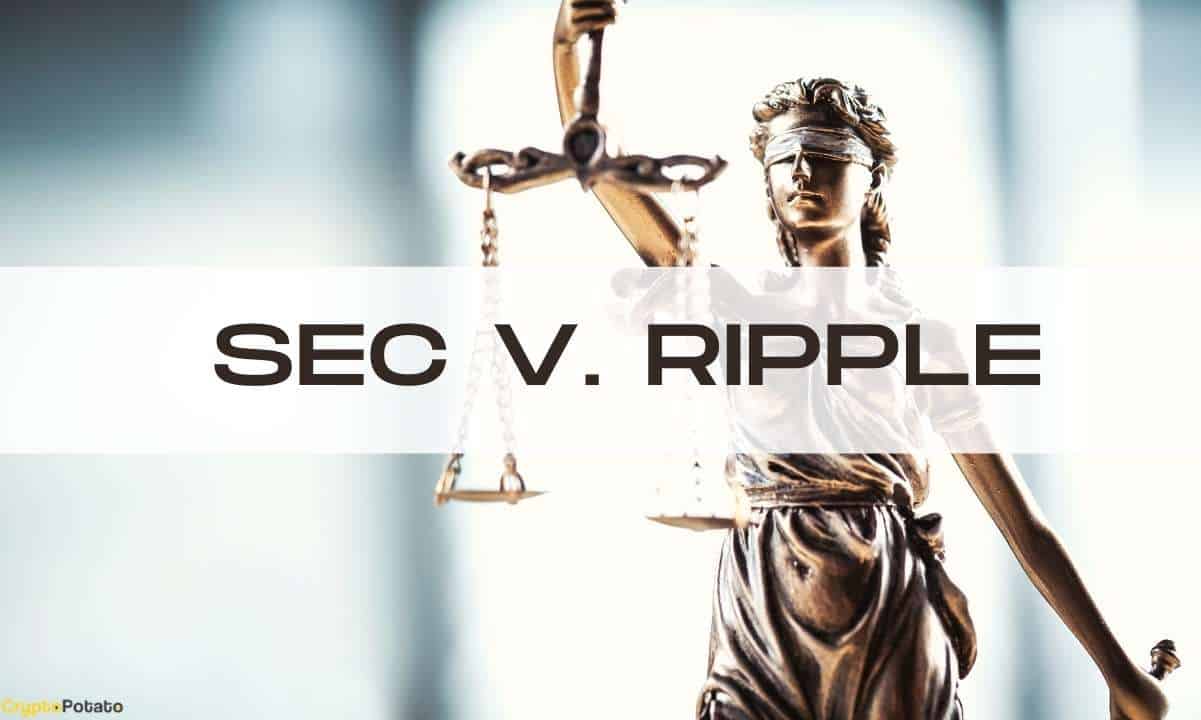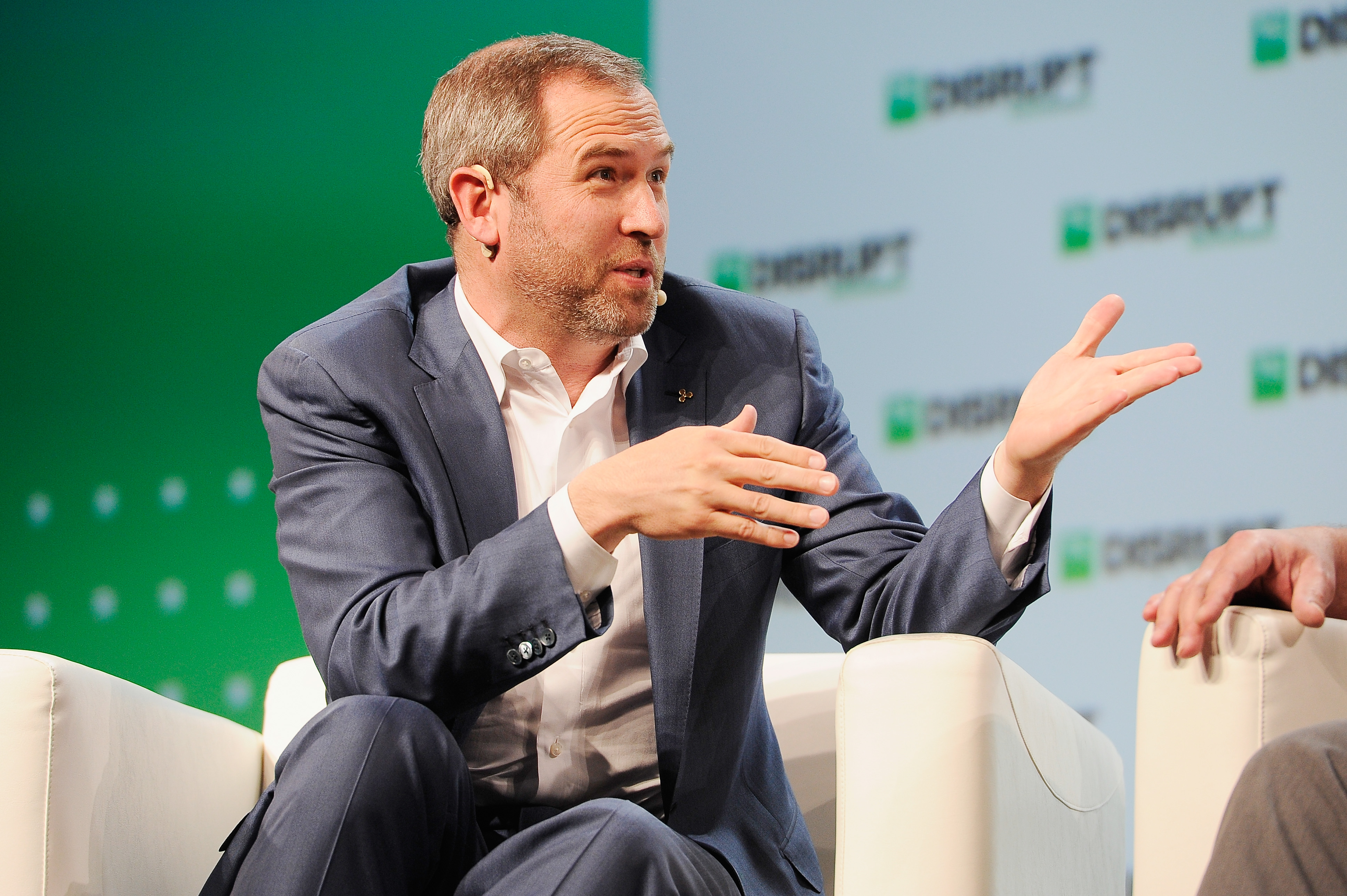July 24, 2023
•
5 min read
Ripple's Victory Against SEC: A Deep Dive
The nuanced verdict in Ripple’s legal battle with the SEC

The case between Ripple and the Securities and Exchange Commission (SEC) continues to draw interest from various quarters. Last week, we provided an extensive report on this matter. While many interpreted Judge Torres' verdict as a resounding victory for Ripple, stating 'XRP is not a security,' the nuances of this case have emerged in the following days.

The judge made the following statements:
- 1. The sale of XRP to institutional investors was illegal.
- 2. The sale of XRP via exchanges was legal.
- 3. The distribution of XRP through other channels was legal.
While private investors are active on exchanges and presumably part of the sales via exchanges (2), this does not automatically grant financial institutions carte blanche to do as they please with the XRP token.
Judge Torres' statement revolved around real-world scenarios in the context of the primary market. The question at hand was whether the issuance of new tokens (or securities) was legitimate. However, her ruling does not reflect what happens after issuance, which falls under secondary market transactions—a distinction the judge made clear in her verdict.
Expressed as a percentage of XRP's trading volume, this difference becomes stark. More than 99% of it occurs on the secondary market, flowing from one exchange customer to another. Whether XRP in this form falls under securities law remains an unanswered question. In other words, there is no clarity over the vast majority of XRP trading.
Nonetheless, the verdict feels like a victory for Ripple. A significant number of legal professionals are now confident enough to green-light XRP trading on secondary markets. Consequently, some exchanges have relisted XRP in their order books.
The outcome, however, is a disappointment for the SEC. During a National Press Club lunch, SEC Chairman Gary Gensler commented on the verdict: "We are disappointed about what the judge said about private investors. We are still forming our viewpoint on that judgment."
This perspective became somewhat clearer in the SEC's case against Terraform Labs, where the regulator asked the judge to disregard the Ripple ruling, stating it "does not align with prevailing laws and regulations." The SEC also indicated a potential appeal.
According to Ripple-friendly lawyer John Deaton, this would not be a problem. If the SEC appeals, it would take at least 2 years for a new ruling. Even if Judge Torres has to go back to the drawing board, that doesn't necessarily mean the verdict will change. "She could use other attributes of the Howey test to reach the same conclusion," Deaton stated.
Ripple CEO Brad Garlinghouse pointed out in a Twitter response to the SEC's questionable action that the regulator was acting as an unlawful police officer, creating chaos, and that new legislation is the only way forward.

